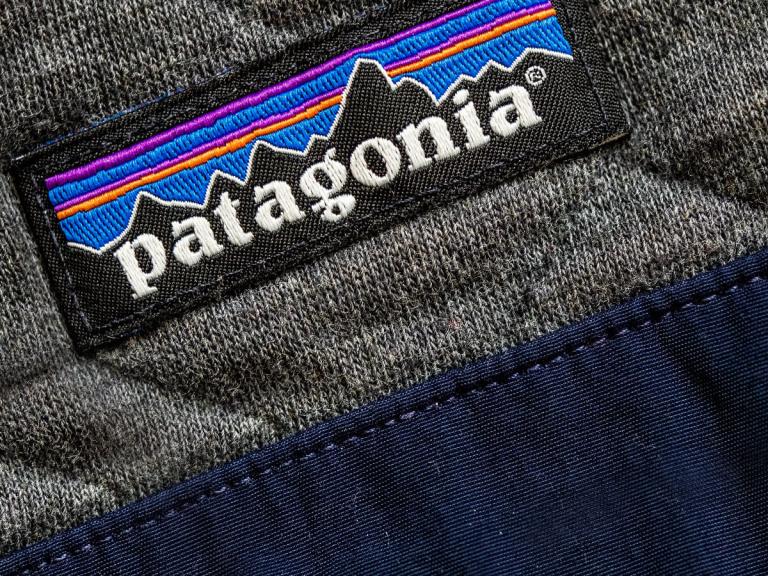
Founder of the retail company, Patagonia, made waves when he released a letter stating that he, his spouse, and two grown children will be giving up their ownership of the company to fight climate change. Yvon Chouinard started Patagonia, which specializes in outdoor clothing and gear, in the 70s. The letter detailing Chouinard’s decision was posted to Patagonia’s website with the headline, “Earth is now our only shareholder.” Chouinard detailed the company’s past commitment to helping the planet, with 1% of its earnings being spent on efforts to help against the effects of climate change. However, Chouinard noted an ever-growing sense of urgency and the tough decision of how to use his wealth best to help. “Instead of ‘going public,’ you could say we’re ‘going purpose.’ Instead of extracting value from nature and transforming it into wealth for investors, we’ll use the wealth Patagonia creates to protect the source of all wealth,” he wrote. The company has created a trust, with 100% of its nonvoting stock being dedicated to the Holdfast Collective, a nonprofit that works on climate issues. Chouinard ended the letter saying, “Despite its immensity, the Earth’s resources are not infinite, and it’s clear we’ve exceeded its limits. But it’s also resilient. We can save our planet if we commit to it.”
The move has been met with praise and skepticism. Some skeptics see it as a way to avoid taxes, while supporters see it as much-needed aid in the fight against climate change. Climate change and how to deal with it has certainly been a very contentious topic in American politics, with the recent passing of the Inflation Reduction Act being the most recent legislation against climate change. Despite being touted as a way to reduce inflation, may opponents of the bill saw it as just a smoke screen for environmental restrictions that would harm an already strained US economy. The EPA touted the bill’s passage, calling it “the most aggressive action in tackling the climate crisis in U.S. history.” The EPA went further, stating, “This law will reduce harmful air pollution, advance environmental justice, and save families money on their energy bills. It will help us move further and faster than ever before to confront the pressing environmental challenges we face.”
How to confront those challenges seems less and less clear. California made headlines by stating that all new cars sold in the state would have to be zero-emission vehicles by the year 2035. Yet the state also acknowledged a strained infrastructure, requesting that citizens not charge their cars for several hours so as to not overload the grid. Michael Shellenberger, author of “Apocalypse Never: Why Environmental Alarmism Hurts Us All” has criticized what he considers an alarmist attitude towards a changing climate. He also has been critical of policies that focus on solar and wind solutions, while overlooking nuclear energy. “Solar panels require sixteen times more materials in the form of cement, glass, concrete, and steel than do nuclear plants, and create three hundred times more waste,” he writes in his book. What to do with the toxic waste produced by alternative forms of energy like wind and solar has also been another area of difficulty that environmental justice advocates must consider. Patagonia has certainly put its beliefs into action with this latest move, but it must be hoped that the funds will be used for real change and not, as Shellenberger said in a recent Canadian Energy Business Forum speech, for “public relations.” “The bottom line is a physical problem,” he said, “it is the low energetic return on energy invested. That’s why renewables are essentially a thermodynamic sink. It’s the snake eating its tail. The more you invest in renewables, the poorer you make society. You may need to do it for some public relations (reasons), but it is not a recipe for a thriving civilization. It’s a recipe for a civilization in decline.”


